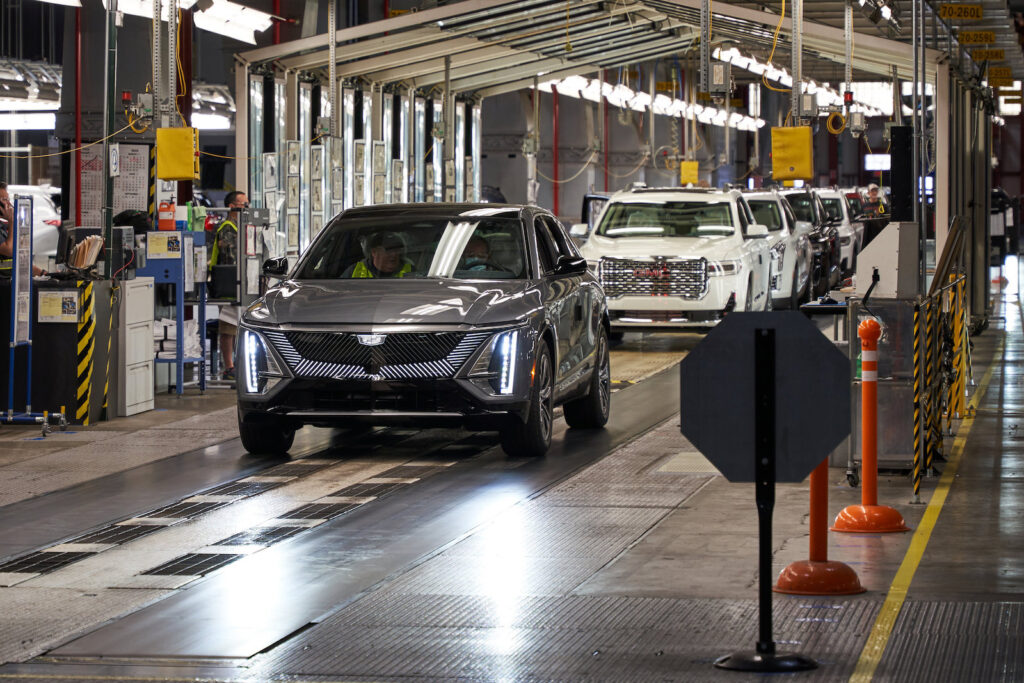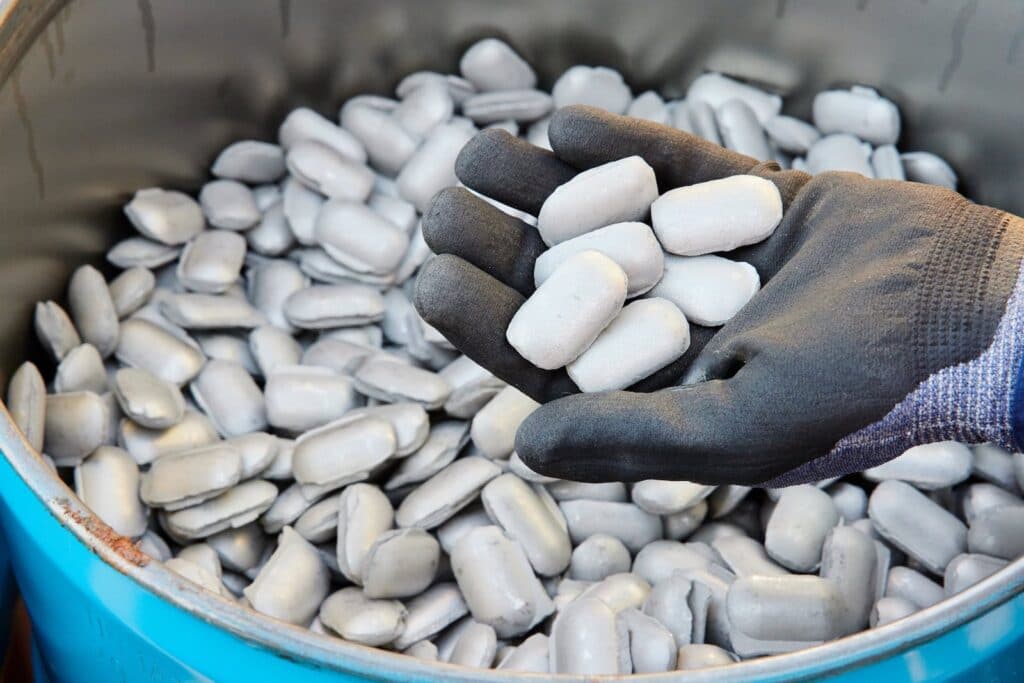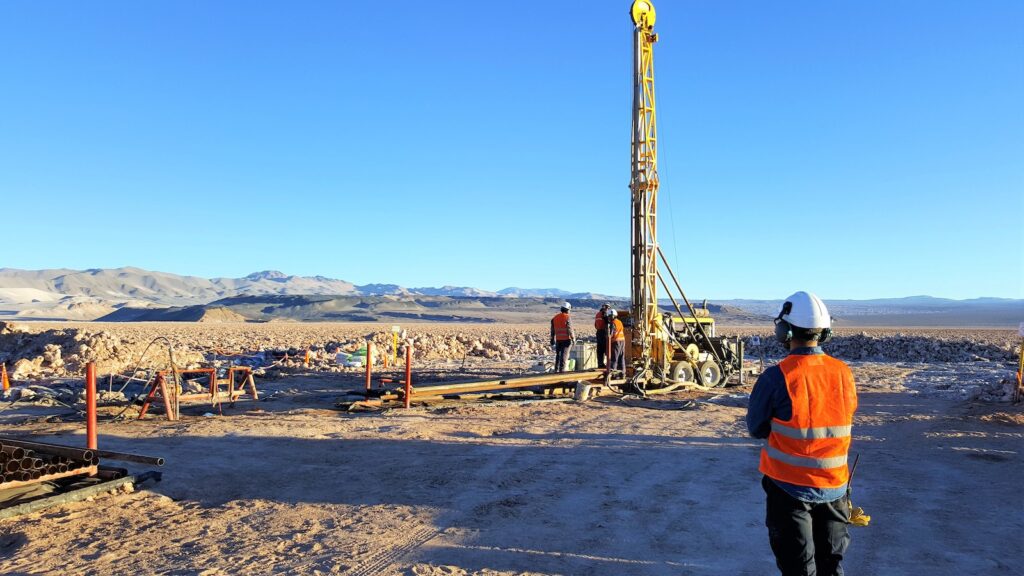With the push for electric vehicles rapidly expanding, General Motors and Ford are moving to secure supplies of the critical minerals needed for EVs.

The search for suppliers has become more intense, following the sanctions imposed on Russia, following its invasion of Ukraine. Russia is a major source of the metals used in batteries and cars.
General Motors signed a deal with mining giant Glencore for a supply of cobalt from its Murrin Murrin operation in Australia. Cobalt is an important metal in the production of EV batteries, and the cobalt processed from Australia will be used in GM’s Ultium battery cathodes, which will power electric vehicles such as the Chevrolet Silverado EV, GMC Hummer EV and Cadillac Lyriq, officials said.
“GM and our suppliers are building an EV ecosystem that is focused on sourcing critical raw materials in a secure sustainable manner,” said Jeff Morrison, vice president, Global Purchasing and Supply Chain at GM, which plans to build 1 million electric vehicles in North America by the end of 2025.
“Importantly, given the critical role of EVs in reducing the carbon footprint of the transportation sector, this agreement is aligned with our approach to responsible sourcing and supply chain management,” he added.

The agreement builds on a commitment both companies share to create strong, sustainable and resilient supply chains through collective industry and multi-stakeholder platforms. Cobalt makes up only 0.001% of the earth’s crust. It is known for its heat-resistant properties and is added to lithium-ion battery cathodes to improve energy density and battery longevity.
GM has announced a series of actions to create a new and more secure EV supply chain, including projects targeting key EV materials and components, including Cathode Active Material, lithium, rare earth materials and permanent magnets.
Ford makes deal for lithium from South America
Meanwhile, Ford announced a deal with clean lithium developer, Australia’s Lake Resources NL, for approximately 25,000 tons annually of lithium from a site now under development in Chile.

“Ford is sourcing deeper into the battery supply chain,” said Lisa Drake, Ford’s vice president, EV Industrialization.
“This is one of several agreements we’re exploring to help us secure raw materials to support our aggressive EV acceleration,” she said.
According to the trade publication, Metal.com, the Kachi project, located in northern Argentina near the Chilean border, is expected to cost $540 million and will be operational in 2024, using direct lithium extraction technology, which can extract lithium from brine and uses an area much smaller than that of open-pit mines and evaporation ponds.
In addition to Ford, automakers such as GM, BMW and Stellantis have also signed supply agreements with companies that plan to use DLE technology.
Lithium is a key raw material for making batteries for electric cars, carmakers are scrambling to find stable sources. Last month, Tesla, the leader of electric cars, struck a deal with Australian lithium miner Core Lithium.







